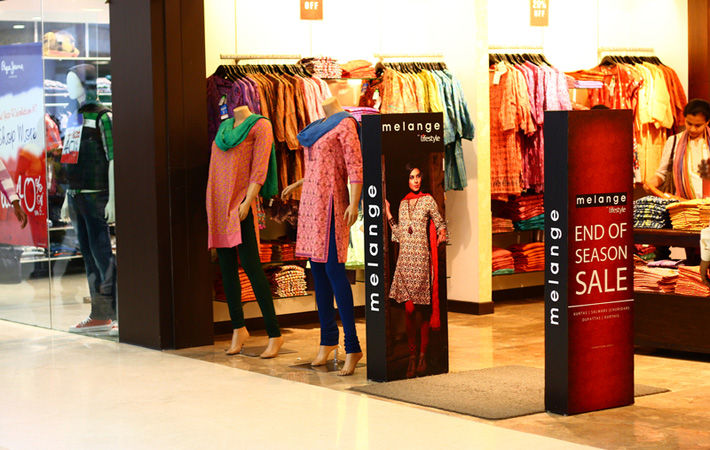
A recent International Labour Organisation (ILO) brief also hinted at near-shoring as an emerging trend with the re-emergence of garment production closer to major markets in Europe and North America.
Quoting evidence, the brief also said that European Union buyers and the European Commission are looking to facilitate greater near-shoring through reductions in garment-related trade duties in countries like Bulgaria, Egypt, Morocco and Turkey, all of which already supply European brands.
Italian clothing group United Colors of Benetton reportedly said it is to grow its production focus on Turkey, Croatia, Tunisia and Egypt with the aim of halving production in Asia from the end of 2022. This will be done to control production processes and reduce transport costs.
Sweden's furniture giant IKEA is also planning to move more production to Turkey to minimise problems with global supply chains and increased shipping costs.
"Though our exports have started reviving with the improved global Covid-19 situation, new challenges have also surfaced," Faruque Hassan, president of Bangladesh Garment Manufacturers and Exporters Association (BGMEA), told a Bangladesh newspaper.
Due to the disruption to global freight management, container charges have gone up by 200 to 300 per cent in recent times, he said, adding such high freight charges have pushed global buyers towards near-shoring.
Mohammad Hatem, executive president of Bangladesh Knitwear Manufacturers and Exporters Association (BKMEA), told the newspaper that though capacity of those countries are not as high as Bangladesh, it might be enhanced within the next five years if buyers continue to source from them.
"Decades back, Bangladesh also did not have the capacity which it now has. It's the buyers' demand to set up thousands of garment factories here," he noted.
A recent study titled 'An Empirical Study on Leadtime of Readymade Garments in Bangladesh' by National Institute of Textile Engineering and Research (NITER) says Bangladesh has been in a disadvantageous situation among the garment -supplying countries due to higher lead-time constraints.
The competitive advantages earned by cheaper production cost are being nullified by higher lead times.
Fibre2Fashion News Desk (DS)